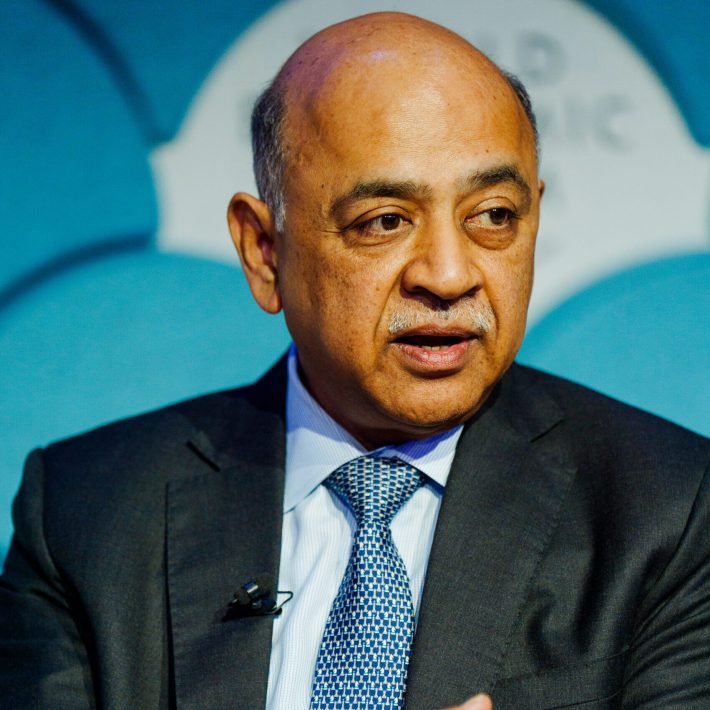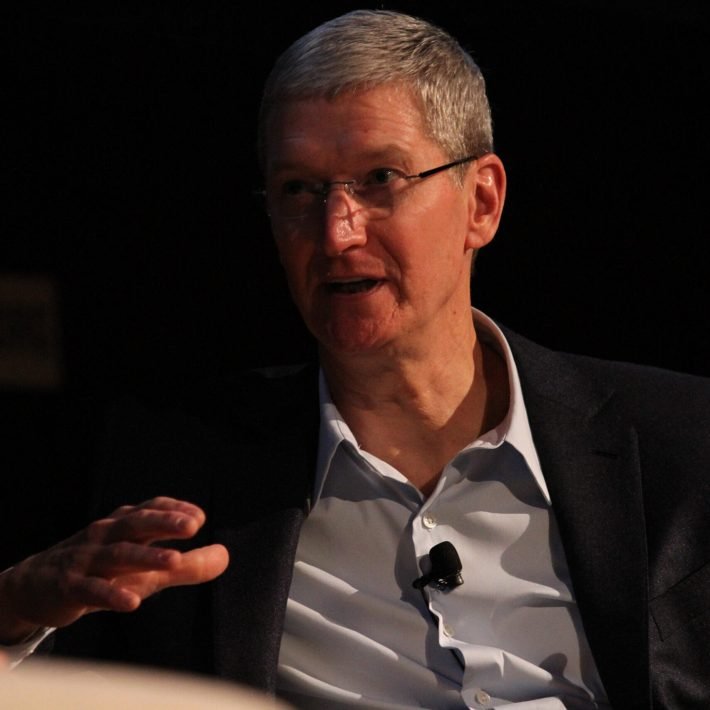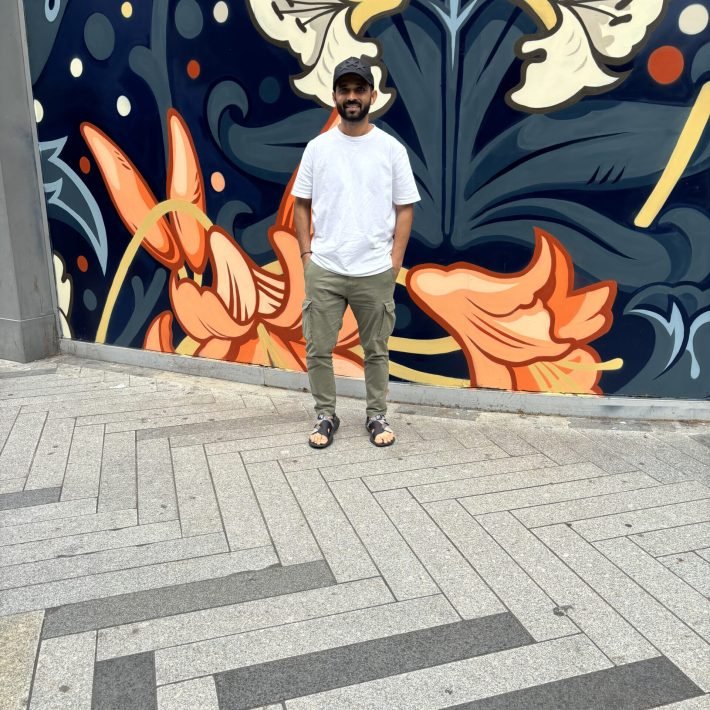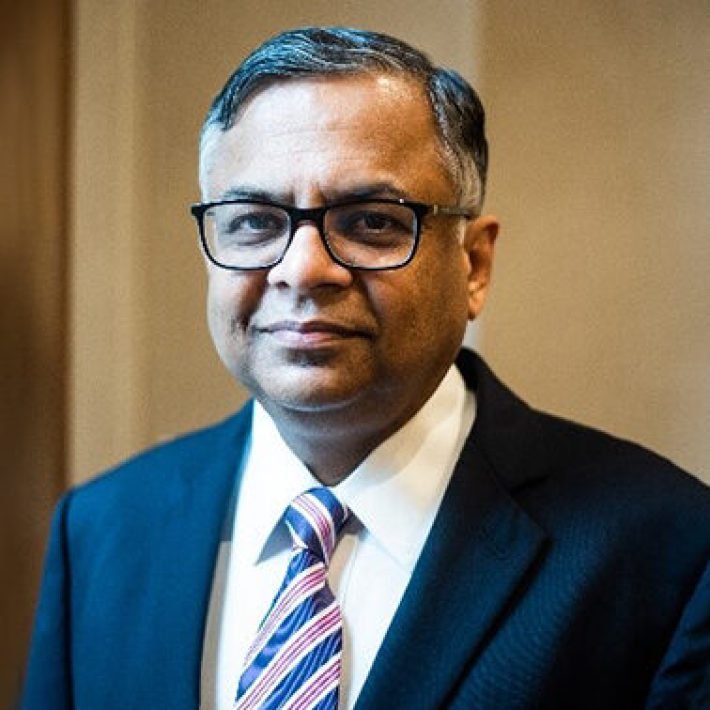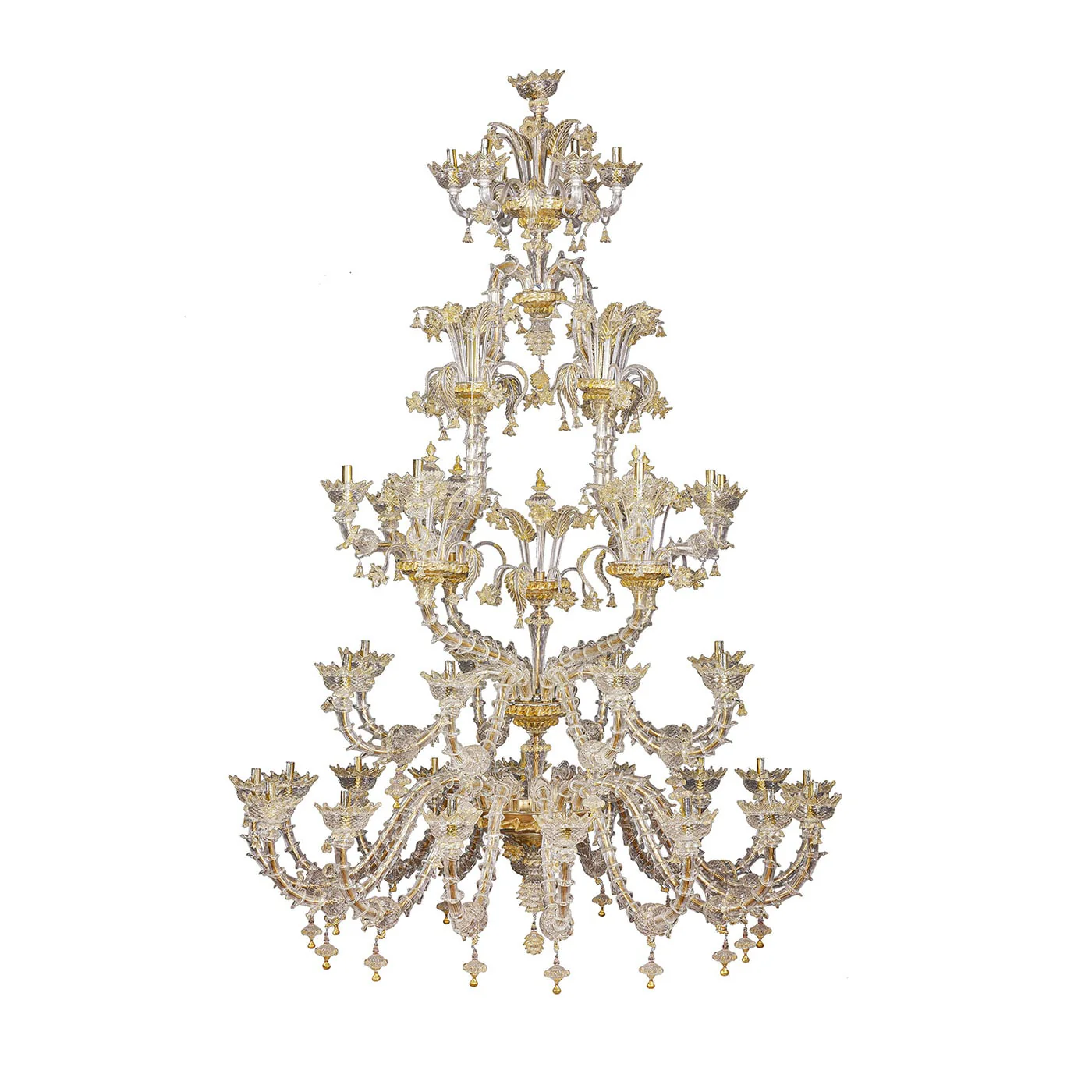As head honcho of the two-wheeler flagship Bajaj Auto, his acumen and actions have largely propelled the group to the enviable position of fifth-ranked company in India. Rajiv Bajaj is the man of the moment.
By Nichola Marie
On December 4, 2023, the Bajaj group rose to the position of fifth-ranked company, joining the exclusive group of companies with a market capitalisation of ₹10 lakh crore, alongside Mukesh Ambani’s Reliance and Tata. Bajaj Auto added almost ₹75,000 crore — the largest portion — to the group’s total valuation. Credit for this achievement largely belongs to the managing director and CEO of Bajaj Auto Ltd – Rajiv Bajaj, the man responsible for its explosive growth, making the company worth a whopping ₹1.75 lakh crore.
Ahead Of The Curve
As MD and elder son of the late Rahul Bajaj, who was chairman emeritus of the storied Bajaj Group until his death in February 2022, the 1966-born Rajiv Bajaj is clearly doing many things right. Joining the company his grandfather founded in the late 1990s, a time when Bajaj, India’s leading two-wheeler maker was gradually losing ground to motorcycles manufactured by international joint venture companies, Rajiv Bajaj struck back, producing world-class motorcycles. Bajaj Pulsar became a much sought-after bike by the Indian youth. Managing Director since 2005, he has been instrumental in focusing Bajaj Auto not only on motorcycle manufacturing but driving down costs and raising productivity in the company’s operations, while investing heavily in research and development. An engineer at his core, Rajiv Bajaj dislikes the management discipline and instead draws business insights from yoga and homeopathy.
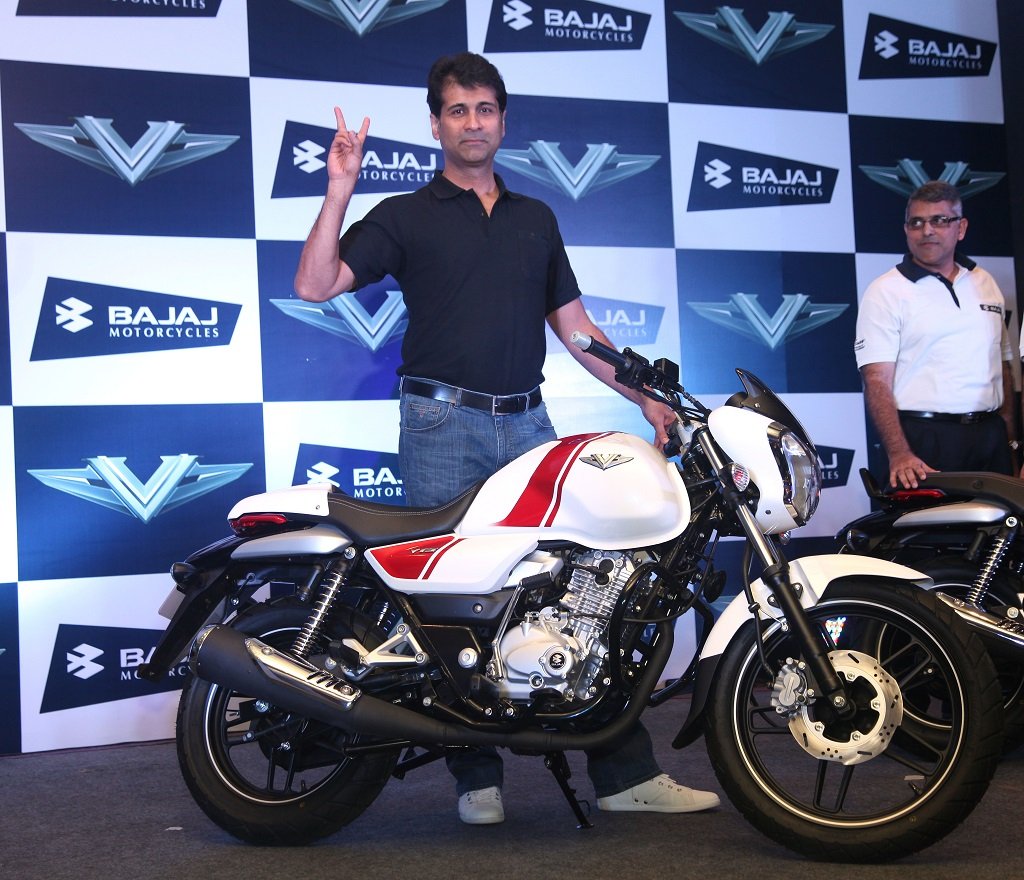
Graduating first in class with distinction in Mechanical Engineering from the University of Pune in 1988, Rajiv Bajaj went on to complete his Master’s in Manufacturing Systems Engineering, with distinction, from the University of Warwick in 1990. Returning from the UK, he started off at the shop floor level at Bajaj Auto where he did a three-year stint. Gaining experience in the areas of Manufacturing & Supply Chain (1990-95), R+D and Engineering (1995-2000), and Marketing and Sales (2000-2005), he rose to be the Managing Director of Bajaj Auto in April 2005, a position he continues to hold till date.
Hands-on, no-nonsense, practical and precise, Rajiv Bajaj was instrumental in introducing Bajaj Auto to the motorcycle market, a segment he believed had great growth potential. It was this decision that changed the face of Bajaj Auto and immensely accelerated the company’s growth. His introduction of the Pulsar range of motorcycles is credited with reviving the fortunes of the company. His current priority is the application of the scientific principles of Homoeopathy to the task of building a brand-centred strategy at Bajaj Auto. His main objective in doing so is achieving the company’s vision of being one of the world’s leading motorcycle manufacturers and a constant innovator in the automotive industry.
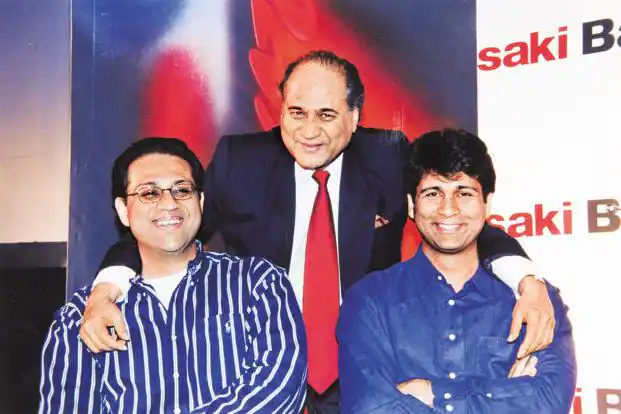
Interestingly, he is not at all quick to grab the credit. In an interview to NDTV Profit, when asked how his perspective on leadership has changed over the decades he has been leading Bajaj Auto, he responded, “I would actually say that I think leadership is grossly overvalued. If you look at what Carl Jung said, he said the true leader is always led. And, since you quoted something from Vasishtha, let’s go back to what the Upanishads would say – that while power may be vested with the king, true authority rests with Dharma, not the king. So, the question we have to ask ourselves is not who the king of the business or the organisation is, but what the dharma of the organisation is. My interpretation is that it is the strategy of the company, which you can call as its vision or its direction or its purpose, that actually leads the company. My 30 years at Bajaj since December 19, 1990 has really been invested in trying to define as robust a strategy as possible – which also means simply, and as I like to say, one that should be self-evident and eminently clear to everyone from the chairman to the watchman. Only then, can such a strategy align a company, have us all working as one in the same direction and if you’re able to do that reasonably well, then maybe that’s not all what leadership is about, but that is what is most important when it comes to leadership.”
The Bajaj Heritage
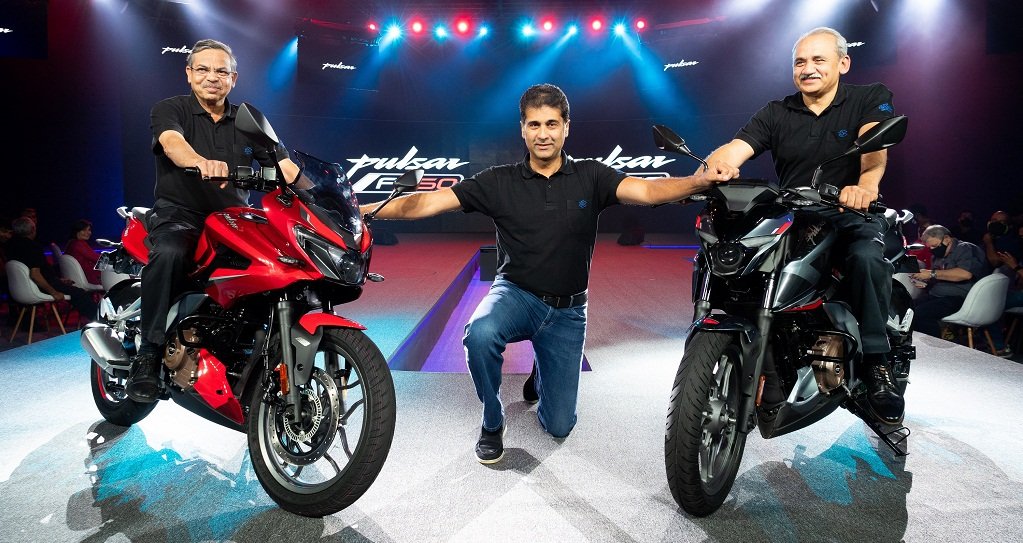
Very much his own man, Rajiv Bajaj is indeed to the manor born. The Bajaj Group was founded by his great-grandfather Jamnalal Bajaj, a follower of Mahatma Gandhi, who set up the company in 1926. Today, the Bajaj Group is a conglomerate of 40 companies in sectors such as two-wheelers, financial services and electrical appliances. Founded in 1945, India’s Bajaj Auto first sold imported two- and three-wheeled scooters before it obtained a license from India’s government to become a manufacturer in its own right, in 1959. Based in Pune, the Indian multinational automotive giant manufactures motorcycles, scooters and auto rickshaws. The world’s third-largest manufacturer of motorcycles and the second-largest in India, Bajaj Auto is also the world’s largest three-wheeler manufacturer. In December 2020, Bajaj Auto became the world’s most valuable two-wheeler company when it crossed a market capitalisation of ₹1 trillion (US$13 billion). The family controls the ownership through private trusts, over 10 holding companies, and personal accounts.
Wisdom Of The Father
Rajiv Bajaj’s father, Rahul Bajaj, was a doyen of industry, winning his spurs in business as a tough and visionary leader. He grew the small firm dealing in scooters, cement and electrical appliances that he inherited from his father Kamalnayan Bajaj in 1968 into one of the country’s largest business houses. His foresight is apparent in other areas as well… Before he passed away, he had also successfully passed on the baton to his two sons Rajiv and Sanjiv. While Rajiv was put in charge of the two-wheeler business, Sanjiv built Bajaj Finserv, the financial products company. In this manner, the senior Bajaj sought to avoid another disastrous case of feuding siblings. Rahul Bajaj had experienced the same himself when, in 2002, he and his younger brother Shishir who controlled Bajaj Hindustan and held a stake in Bajaj Auto, had a bitter falling out over issues of control. The dispute was finally settled in December 2008 with the Rahul Bajaj side of the family transferring its stake in Bajaj Hindustan and Bajaj Consumer Care to Shishir in exchange for his nearly 2% stake in Bajaj Auto.
Frank & Forthright

Known to speak his mind, much like his forthright father, Rajiv Bajaj is not known to mince his words. Here are a few examples of his outspoken statements…
“We have no choice but to rob the bank”: With Bajaj Auto entering the 400cc motorcycle segment, where Royal Enfield holds a commanding 90% share, Rajiv Bajaj was questioned about the rationale behind Hero and Bajaj competing in the same segment. He explained it with a touch of wit, saying, “There was a famous bank robber in America called William Francis Sutton. When asked, why do you rob a bank, he said that’s where the money is. So if Royal Enfield is where the money is, then we have no choice but to rob that bank!”

“You have flattened the wrong curve”: Reacting to the nationwide Covid-induced lockdown restrictions, Rajiv Bajaj had declared at the time, “You have not solved that problem. But you have definitely decimated the economy. You flattened the wrong curve. It is not the infection curve, it is the GDP (Gross Domestic Product) curve. This is what we have ended up with, the worst of both the worlds.”
“I don’t want my child to inherit an India built on hate”: Announcing, in 2020, that he would be pulling out advertisements from ‘toxic media channels’, he made a scathing comment on rising media toxicity. “To me, it is a wise decision because my child, my brother’s children, can’t inherit an India and a society where such hate festers. It was a simple choice and I made it,” he said in an interview to ‘Gulf News’. He said that his brand would not associate itself with any media outlet that is a ‘source of toxicity in the society’, and would withdraw advertising from three “news channels” which indulge in “toxic hate mongering”, becoming the first industrialist to do so.
Pulsing Forward
Recently, after Bajaj Auto announced plans to consider a buyback, Rajiv Bajaj, in an interview to CNBC-TV18, said that the year was turning out to be much better than anticipated for Bajaj Auto. “Like was the case on March 31st last year, we will again end up at close to ₹20,000 crore of cash this year, and I don’t think it’s smart to sit on all that money,” he pointed out.
He also spoke about exciting launches lined up for the Pulsar this quarter, quipping, “I heard you say earlier that the market rally has pressed the pause button. But remember, there is no pause button on a Pulsar.”
With the electric scooter Chetak having surpassed 10,000 monthly sales, he revealed the prospects of it hitting 15,000 units per month this quarter, alongside a steady flow in domestic three-wheeler sales and exports. The company expects a sharp rise in market share in the 125cc segment to about 32%, with the Pulsar segment (150-250cc) market share likely closer to 42%, and a market share closer to 35% in the 125-cc plus segment, where he believes that the company may now be in a leadership position in the domestic market.
The Personal Front
Extremely well-read, Rajiv is passionate about yoga and homeopathy. He is also known to be fond of sports such as football, cricket, and table tennis. Sober and not easily excitable, he has a close-knit group of friends and is not given to hectic socializing.
His wife, Deepa Bajaj, is an engineer by qualification, a housewife by choice and an animal lover by passion. She founded the NGO, Canine Control and Care in Pune in September 2015 with the purpose of controlling the stray dog and cat population in a humane way via animal birth control surgeries. She is also part of the committee that manages The Rupa Rahul Bajaj Centre for Environment and Art.

Their son Rishab Bajaj has reportedly joined the family business, making it the fifth generation of the Bajaj family. According to ‘Fortune India’, while there is no family head after the passing away of Rahul Bajaj, the family council meets often, at least once in one or one-and-a-half months, in Mumbai or Pune, and spends the whole day together. The agenda of the meetings generally includes both business and family matters. As a family member revealed, “The problem with most business families is that the family comes first. In our case, the family comes second. We owe our reputation and existence to thousands of small shareholders who trust the Bajaj name and have put their hard-earned savings in Bajaj shares.”


